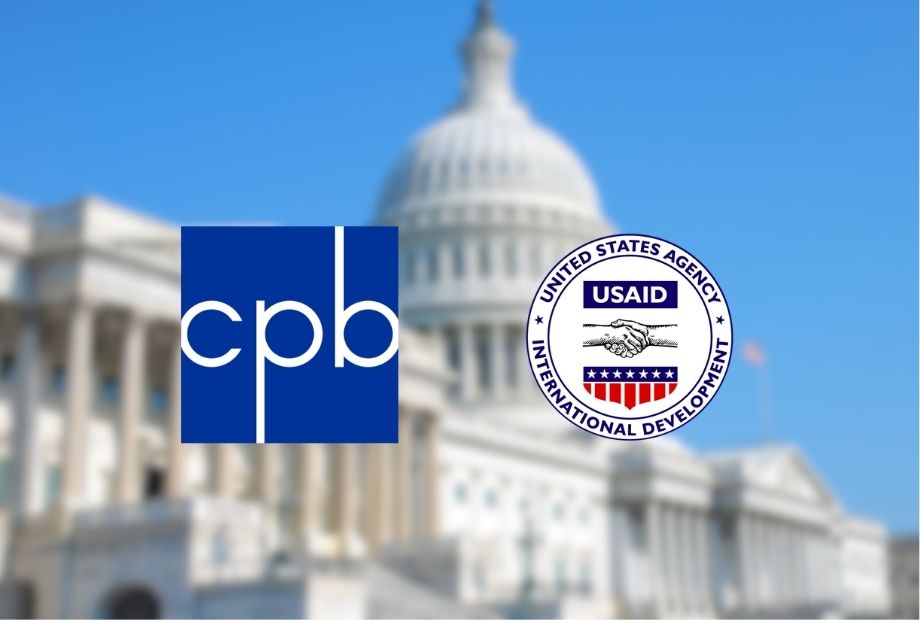GOP-led Congress claws back billions in foreign aid, public media funds
By Nash Jones

Congress has approved President Donald Trump’s request to strip away $9 billion in federal funding already allocated for foreign aid and public media. The move is the first of its kind in more than two decades.
In the wee hours of Friday, July 18, the House of Representatives gave the go-ahead to changes the Senate made to the Rescissions Act of 2025. The original bill cleared the House in June by a two-vote margin, with four Democrats and two Republicans absent. The House passed the Senate update on a 216-213 vote, with no Democrats voting in favor and two Republicans breaking with their party, sending it to the president for his signature.
Trump is expected to sign the measure.
The Senate amended Trump’s initial request during an overnight “vote-o-rama” that stretched into Thursday morning. That change preserved $400,000 in funding for the President’s Emergency Plan for AIDS Relief. The State Department credits the George W. Bush-era program with saving tens of millions of lives in 50 countries.
Not spared was more than $1 billion in federal funding for the Corporation for Public Broadcasting (CPB) for the next two fiscal years. The private nonprofit funds PBS, NPR, and more than 1,500 local public media stations across the country, including NMPBS.
In a last-ditch effort, Rep. Teresa Leger Fernandez, D-NM, proposed an amendment in the House Rules Committee for CPB to retain its federal funding, calling public media “beloved and essential.”
“We should be supporting those things that really make America a place of kindness and information and support for our public,” Leger Fernandez told Committee Chair Virginia Foxx, R-North Carolina.
The amendment failed on a 9-4 party-line vote.
In addition to federal funding, public media stations subsist on individual donations, underwriting, grants and entrepreneurial efforts. CPB funds generally make up a larger proportion of rural and tribal station budgets. Because of that, New Mexico is home to numerous stations that risk shutting down as a result of the Rescissions Act, according to an analysis by the New York Times and Public Media Company.
In addition to clawing back public media funding, Congress stripped away about $8 billion in already-approved funding for foreign assistance programs, including the United States Agency for International Development.
On the House floor, Foxx closed the debate by characterizing the package as “about shutting off the spigot of wasteful money, clawing back the tax dollars of Americans and ensuring that wasteful and unnecessary spending is uprooted and left to wither and die.”
This marks the first time Congress has enacted a rescission request from a president of any kind since 1999, when Democratic President Bill Clinton pushed one forward. Trump was the first president since Clinton to even propose one. His first attempt in 2018 was approved in the House but shot down in the Senate.
Foxx told her colleagues on the House floor that the president has indicated “more rescissions packages are on the horizon.” The cuts come amid Trump’s ongoing push to reduce federal spending. His recently passed tax and spending bill is expected to raise the federal budget deficit by more than $3 trillion, according to an analysis from the nonpartisan Congressional Budget Office.

